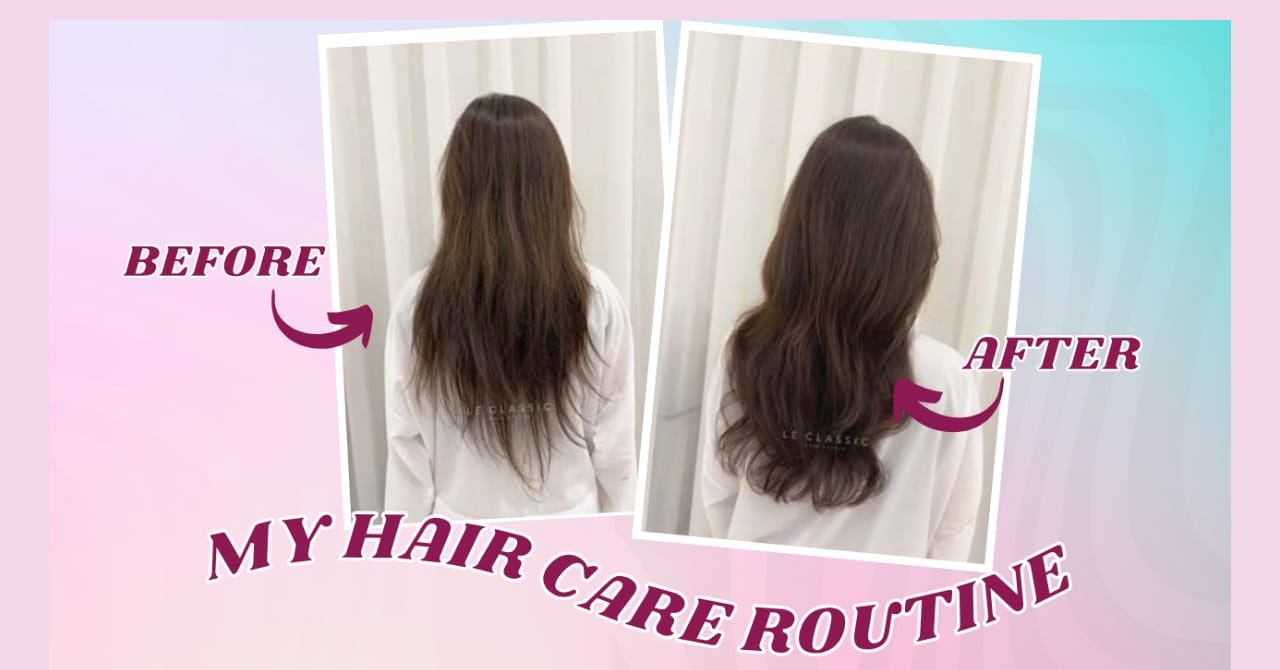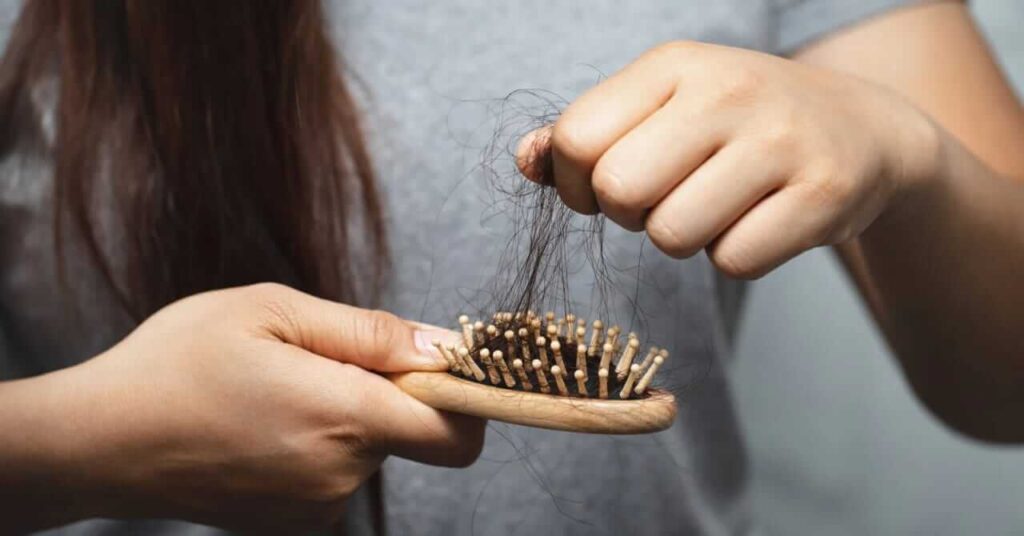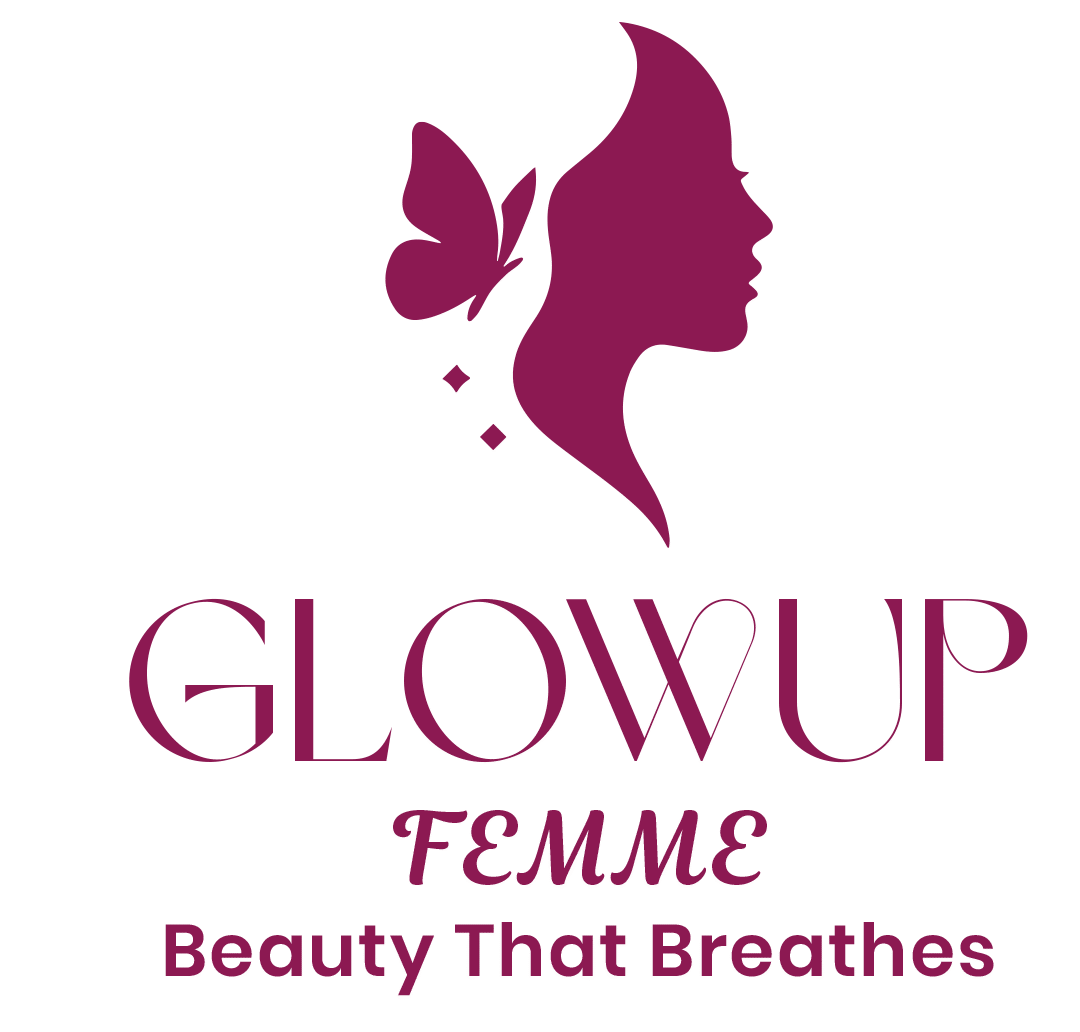
A New Era of Hair Care Starts Here
Your hair deserves the same thoughtful care you give your skin and body. In today’s world of endless products and quick fixes, many are rediscovering the simple power of nature. Organic hair care is more than a trend it’s a healthy lifestyle choice that puts the well-being of your scalp and strands first. Whether you struggle with dryness, frizz, or just want to improve the overall health of your hair, switching to natural methods can be a game-changer.
This guide will walk you through everything you need to nourish your hair naturally, from daily hair care tips to dermatologist-recommended practices and easy DIY remedies.
What is Organic Hair Care?
Organic hair care refers to using products and methods free from harmful chemicals like sulfates, parabens, silicones, and synthetic fragrances. Instead, it embraces ingredients derived from nature like aloe vera, coconut oil, shea butter, and essential oils—to cleanse, hydrate, and treat your hair gently and effectively.
By choosing organic, you minimize exposure to toxins and give your scalp a chance to breathe and rebalance, promoting stronger, shinier, and more resilient hair.
Why Go Natural: Benefits of Organic Hair Products
The benefits of switching to organic products are plenty, and they affect more than just your hair’s appearance.
- No Harsh Chemicals: Conventional products often strip the hair of its natural oils. Organic ingredients cleanse while preserving moisture.
- Long-Term Health: Reduced chemical exposure lowers the risk of irritation, allergic reactions, or scalp sensitivity.
- Eco-Friendly: Natural products are often sustainably sourced and biodegradable.
- Promotes Scalp Health: Healthy hair starts at the root. Organic products nurture your scalp’s natural balance, reducing dandruff and itchiness.
Know Your Hair Type Before You Start
Before you start shopping for a shampoo for your hair type or selecting the best conditioner for dry hair, it’s essential to understand what your hair needs. Hair types can be:
- Straight : Often oily at the roots, needs light products.
- Wavy: Prone to frizz; requires balancing moisture and volume.
- Curly : Needs deep hydration and definition.
- Coily : Most delicate; benefits from rich, nourishing care.
Knowing your hair’s texture, density, porosity, and oil level helps you build a routine that supports healthy hair tips specific to your needs.

Daily Hair Care Tips for All Hair Types
Consistency is key when it comes to daily hair care advice. Here’s a simple, universal routine that supports every hair type:
- Gentle Cleansing: Use a sulfate-free shampoo 2–3 times a week.
- Condition Wisely: Learn when to use conditioner—after shampooing to restore moisture and seal the cuticle.
- Wide-Tooth Comb for Wet Hair: Always detangle with a wide-tooth comb for wet hair to prevent breakage.
- Towel Dry Hair Without Damage: Use a microfiber towel or a cotton t-shirt to towel dry hair without damage.
- Protect Hair from Heat: Always apply a heat protectant or nourishing oil if you’re styling.
Specific Routines for Curly, Dry, and Thick Hair
Hair Care Routine for Curly Hair
Curly hair thrives on moisture and minimal manipulation:
- Use co-washing techniques (conditioner-only wash).
- Deep condition weekly.
- Learn how to wash curly hair with lukewarm water and follow up with a leave-in conditioner.
- Avoid brushes; finger-comb or use a wide-tooth comb.
Tips for Dry and Damaged Hair
If your strands feel straw-like or break easily:
- Choose ultra-hydrating masks rich in oils and butters.
- Cut back on heat styling and dyeing.
- Massage your scalp with coconut or argan oil before washing.
Hair Care for Thick Hair
Thick hair can be both a blessing and a challenge:
- Use sectioning when applying products or detangling.
- Opt for rich, smoothing conditioners.
- Avoid heavy buildup by clarifying your scalp monthly.
Another, Link
Avoid These Common Mistakes

Even with the best intentions, these habits can sabotage your progress:
- Over-washing: Strips natural oils, leading to dryness.
- Skipping trims: Results in split ends and dull hair.
- Wrong shampoo for your hair type: For example, using a volumizing shampoo on already-thick hair can cause frizz.
- Brushing curly hair dry: This causes breakage and frizz understand the difference between combing curly vs straight hair.
How to Protect Hair from Heat and Damage
Heat is one of hair’s biggest enemies. Here’s how to protect hair from heat:
- Air dry when possible.
- Use ceramic tools with temperature control.
- Always apply a heat protectant (look for natural ones with grapeseed oil or aloe vera).
- Limit flat irons and blow dryers to once or twice a week.
Best Practices Recommended by Dermatologists
Dermatologist hair care tips emphasize scalp health and smart product choices:
- Don’t scratch the scalp: Use fingertips, not nails, to massage during washing.
- Limit product overload: Too many oils, serums, or sprays can clog follicles.
- Moisturizing hair tips: Hydrate internally by drinking water and eating omega-3-rich foods.
They also recommend gentle cleansing for sensitive scalps and consulting a professional for persistent issues like severe dandruff or hair thinning.
DIY Natural Hair Masks and Remedies
Homemade treatments can be both effective and economical:
- Avocado & Honey Mask (for dry hair): Mash one ripe avocado with a tablespoon of honey. Apply to damp hair and rinse after 20 minutes.
- Banana & Olive Oil (for shine): Blend one banana with a tablespoon of olive oil. Apply and leave for 30 minutes.
- Aloe Vera & Coconut Oil (for soothing scalp): Mix equal parts, massage into scalp, and rinse after 15 minutes.
These remedies align with moisturizing hair tips and help repair damage naturally.
Conclusion: Stay Consistent, Stay Confident
The journey to healthy, beautiful hair starts with intention and consistency. Switching to organic hair care doesn’t mean giving up results—it means choosing long-term nourishment over short-term shine. By following the tips in this guide, understanding how to take care of hair, and tailoring your routine to your hair type, you’ll begin to see transformative results.
Let your natural beauty shine—one clean, thoughtful step at a time
FAQs:
Q1: Can organic products work for all hair types?
Yes! Organic products are formulated with natural ingredients suitable for curly, straight, oily, or dry hair just choose the right one for your texture and needs.
Q2: How long does it take to see results after switching to organic hair care?
Most people notice a difference in 3–6 weeks. Your scalp may undergo a detox phase, but stick with it—your hair will thank you.
Q3: How often should I use a conditioner for dry hair?
Every time you wash your hair. You can also use leave-in conditioners or deep condition weekly for extra hydration.
Q4: Do I need to stop using heat tools completely?
Not necessarily. Just be sure to protect hair from heat using natural heat protectants, and limit usage to reduce damage.
Q5: What’s the best natural way to keep hair healthy?
Regular oiling, avoiding harsh chemicals, using wide-tooth combs for wet hair, and following a consistent, gentle routine are the most effective health tips for healthy hair.

